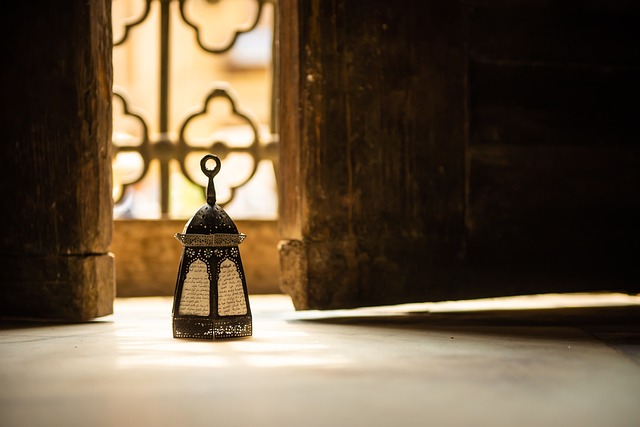Egypt, with its rich history and vibrant culture, offers an unparalleled experience during the holy month of Ramadan. It’s a time when the air is filled with spirituality and the streets come alive with festivities after sunset. If you’re planning to visit Egypt during Ramadan, there is a lot for you to look forward to.
Understanding Ramadan
Ramadan is the ninth month of the Islamic lunar calendar and is observed by Muslims worldwide as a month of fasting, prayer, reflection, and community. It commemorates the month in which the Quran was revealed to the Prophet Muhammad. Fasting from dawn until sunset, Muslims refrain from consuming food, drinking liquids, smoking, and engaging in sinful behaviour.
Iftar and Suhoor – Two Vital Meals
In Egypt, as in other Muslim-majority countries, the daily fast begins with a pre-dawn meal called Suhoor and is broken with a meal known as Iftar. These meals are central to the Ramadan experience.
Iftar in Egypt
At sunset, the fast is traditionally broken with the eating of dates and drinking water, followed by the Maghrib prayer. This is then followed by Iftar, which often begins with a warm, hearty soup, usually lentil or chicken. Egyptian households or restaurants serve a wide array of dishes, including staples like ‘Ful Medames’ (cooked fava beans), ‘Koshari’ (a mix of pasta, rice, lentils, and fried onions), and a variety of grilled meats. Sweet dishes such as ‘Kunafa’ and ‘Qatayef’ are popular desserts during the month.
Suhoor in Egypt
Suhoor is the meal consumed early in the morning before the fast begins again. This meal is meant to be filling and often includes eggs, cheese, beans, bread, and yoghurt.
Ramadan Nights (Layali Ramadan)
After Iftar, Egyptians generally spend the night in social gatherings and celebrations. Markets and streets are beautifully decorated, and you will find ‘Ramadan tents’ where people gather to eat, enjoy traditional storytelling, and spend time together until the early hours of the morning.
Visiting Mosques
Ramadan is an especially spiritual time, and visiting historic mosques like Al-Azhar and the Mosque of Muhammad Ali can be a profound experience. These mosques hold special ‘Taraweeh’ prayers, which are extra prayers performed by Sunni Muslims at night in the Islamic month of Ramadan.
Charity and Community
Charity is a significant part of Ramadan. ‘Zakat al-Fitr’ is a form of almsgiving to the poor, and many Egyptians engage in charitable activities and distribute food to those less fortunate.
Tips for Travellers
Respect the fasting hours, and do not eat or drink publicly from dawn until sunset.
Dress modestly when you are out in public spaces.
Check opening times for tourist attractions as these may change during Ramadan.
Expect traffic just before Iftar as people rush to break their fast.
Participate in Iftar for an authentic experience of Egyptian hospitality and cuisine.
Learn a few Arabic phrases to greet and show respect to your hosts during this sacred month. “Ramadan Kareem” is a common greeting meaning “Generous Ramadan”.
For an unforgettable travel experience, consider booking a Nile cruise and stay 2024.
Conclusion
Visiting Egypt during Ramadan is a unique and enriching experience that offers an insight into the cultural and spiritual life of Egyptians. The fusion of history, tradition, and religion creates an atmosphere that’s both reflective and festive. Whether you’re exploring the ancient wonders of the land or partaking in the local customs and cuisine, a trip to Egypt during Ramadan promises to be unforgettable.
